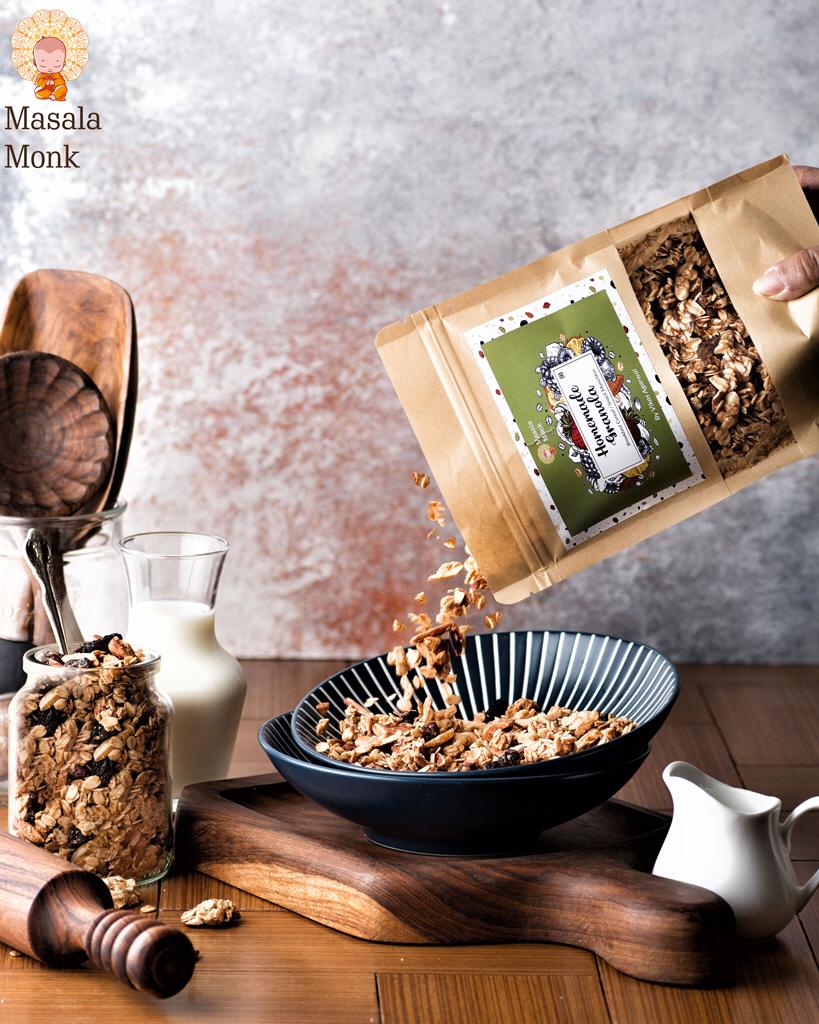Hello, food lovers! 🍽️ Today, we’re diving into the world of turmeric, a spice that’s been hailed for its powerful health benefits. We’re featuring a video from the Happy Bellyfish YouTube channel, where Srikant Singh shares the best way to consume turmeric and how to avoid its potential side effects. This video has garnered over 1.5 million views, making it a popular resource for those interested in natural health remedies.
In the video, Srikant prepares a traditional Indonesian drink known as JAMU, an herbal concoction made primarily from turmeric. This drink has been used by healers for thousands of years and is known for its healing properties. The recipe also includes fresh ginger, tamarind pulp, salt, and jaggery (unprocessed sugar).
Here’s a brief rundown of the health benefits of each ingredient:
- Turmeric: Known for its anti-inflammatory, antimicrobial, anti-mutagenic, and anti-cancer properties. Its antioxidants fight free radicals, help in cell repair, and grow new ones.
- Ginger: Helps reduce nausea, which may be induced by high doses of turmeric.
- Tamarind: Helps with detoxification by eliminating waste from the body.
- Jaggery: Sweetens the JAMU and helps prevent potential acidity in the stomach caused by high concentrations of turmeric and ginger.
The video also provides a detailed explanation of how to prepare the JAMU, from peeling and grating the turmeric and ginger to boiling the ingredients and straining the juice.
However, Srikant emphasizes that while turmeric is beneficial, it should not be consumed in high doses. Overdosing on turmeric or curcumin supplements can lead to iron deficiency, kidney stones, and hypoglycemia, especially in diabetics. Therefore, it’s important to consume turmeric in moderation.
If you’re interested in trying out this recipe, you can find the written version on the Happy Bellyfish website.
We hope you found this post informative and inspiring. If you’re passionate about food and health, we invite you to join our community at EatLo. We’re a group of food lovers who share recipes, cooking tips, and health advice. We’d love to have you! 🥗🍴
Don’t forget to give the video a thumbs up if you enjoyed it, and feel free to share your experiences with turmeric in the comments below. Until next time, stay healthy and happy! 😊













